It's one of the ugliest incidents in Formula One history, and now Australian driver David Brabham has revealed his own run-in with triple world champion Ayrton Senna that followed the infamous 1990 Japanese Grand Prix.
Today marks the 30th anniversary of that controversial race, when Senna and Alain Prost collided at the first corner at Suzuka, deciding that year's world championship in Senna's favour, although many observers felt at the time that the Brazilian had deliberately taken Prost out.
READ MORE: How bust-up with legendary father ignited Brabham F1 career
It was the second straight year that a collision in Japan decided the world title between the pair. In 1989, when they were teammates at McLaren, Prost took the title after he and Senna had come together late in the race. Although Senna was able to rejoin the race and crossed the finish line in first place, he was subsequently disqualified for cutting the corner where he and Prost had collided.
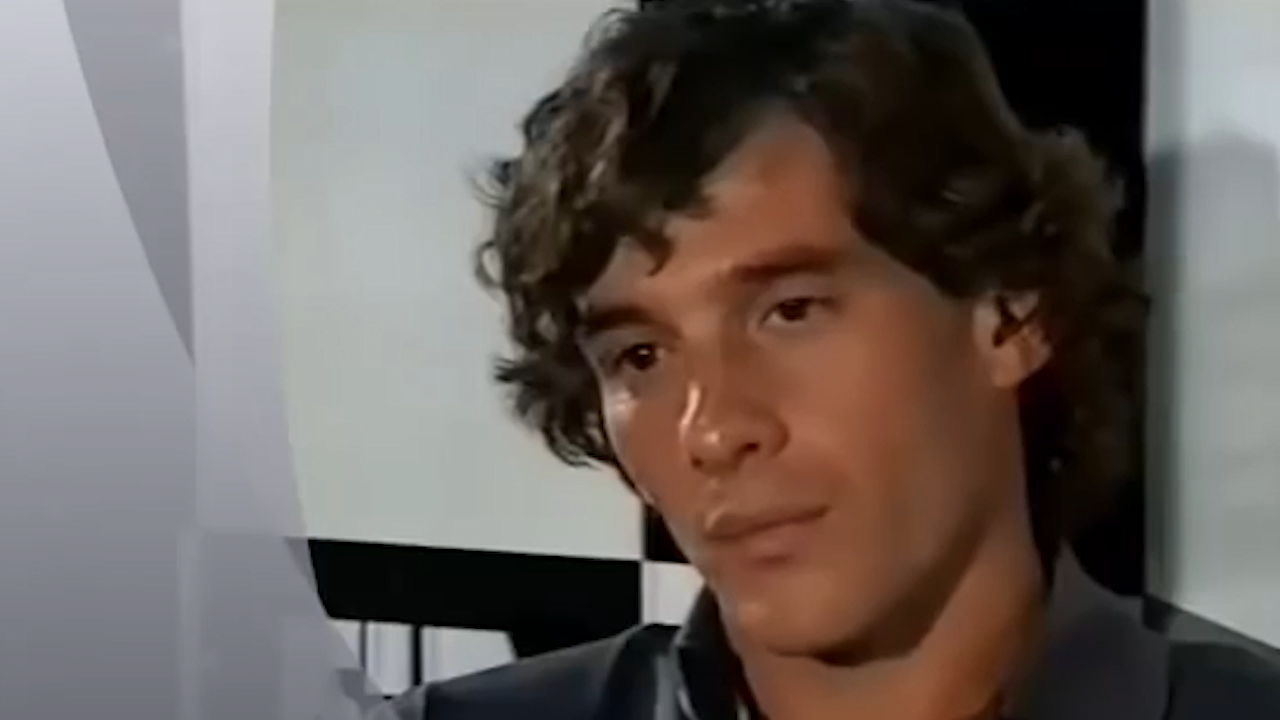
At the root of the issue in 1990 was Senna's belief that pole position in Japan was on the wrong side of the track. Organisers decreed that the pole would be on the inside of the circuit, which was the dirtier side of the track, giving the second placed qualifier an advantage into turn one.
Senna had complained to organisers before the weekend, and they had reportedly agreed to switch pole position to the cleaner side of the track, leaving Senna incensed when he found out that pole would remain on the inside line.
"This is really shit, you know," Senna later said, when talking of his mindset after the decision.
"I said to myself: 'OK, you try to work cleanly and do the job properly and you get f---ed by stupid people. If on Sunday, at the start, because I'm in the wrong place, Prost beats me off the line, at the first corner I will go for it, and he better not turn in because he is not going to make it.'"
The Brazilian believed that controversial FISA president Jean-Marie Balestre was behind the move, the same man he blamed for his 1989 disqualification.
In 1990, the situation was simple. Prost, by then driving for Ferrari, needed to finish ahead of Senna in Japan to take the title battle down to the final race in Adelaide. Anything less, and the Brazilian would be world champion for a second time.
Although Senna secured pole position, Prost was second on the grid, and the general consensus was the Ferrari was the better race car. If the Frenchman could get the jump at the start, he'd be every chance of achieving his objective of finishing ahead of Senna.
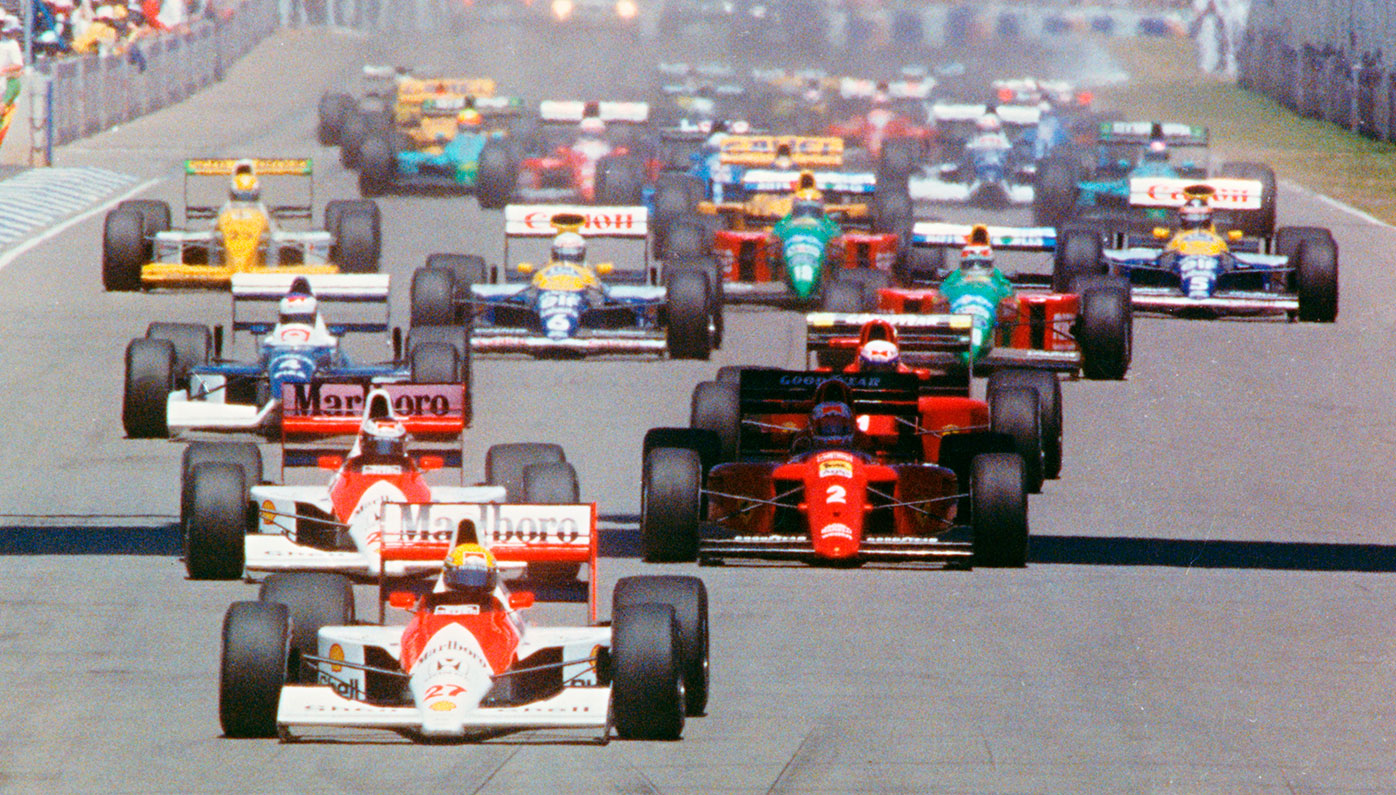
And that's exactly what happened. Prost, on the cleaner side of the grid, was immediately into the lead. Senna tucked in behind the Ferrari as they approached the first turn at around 240kph, and as Prost turned in, Senna simply ran into the back of the Frenchman. Both cars disappeared in a cloud of dust into the run off area, the rear wing snapped off the Ferrari and the front of the McLaren was badly damaged.
The move made Senna world champion, but the condemnation was swift.
"If everybody wants to drive in this way, then the sport is finished," Prost said immediately after the race.
"Senna is completely opposite in character to what he wants people to believe. He is the opposite of honest.
"Motor racing is sport, not war. Losing this way is disgusting. We were not even side by side.
"This man has no value."
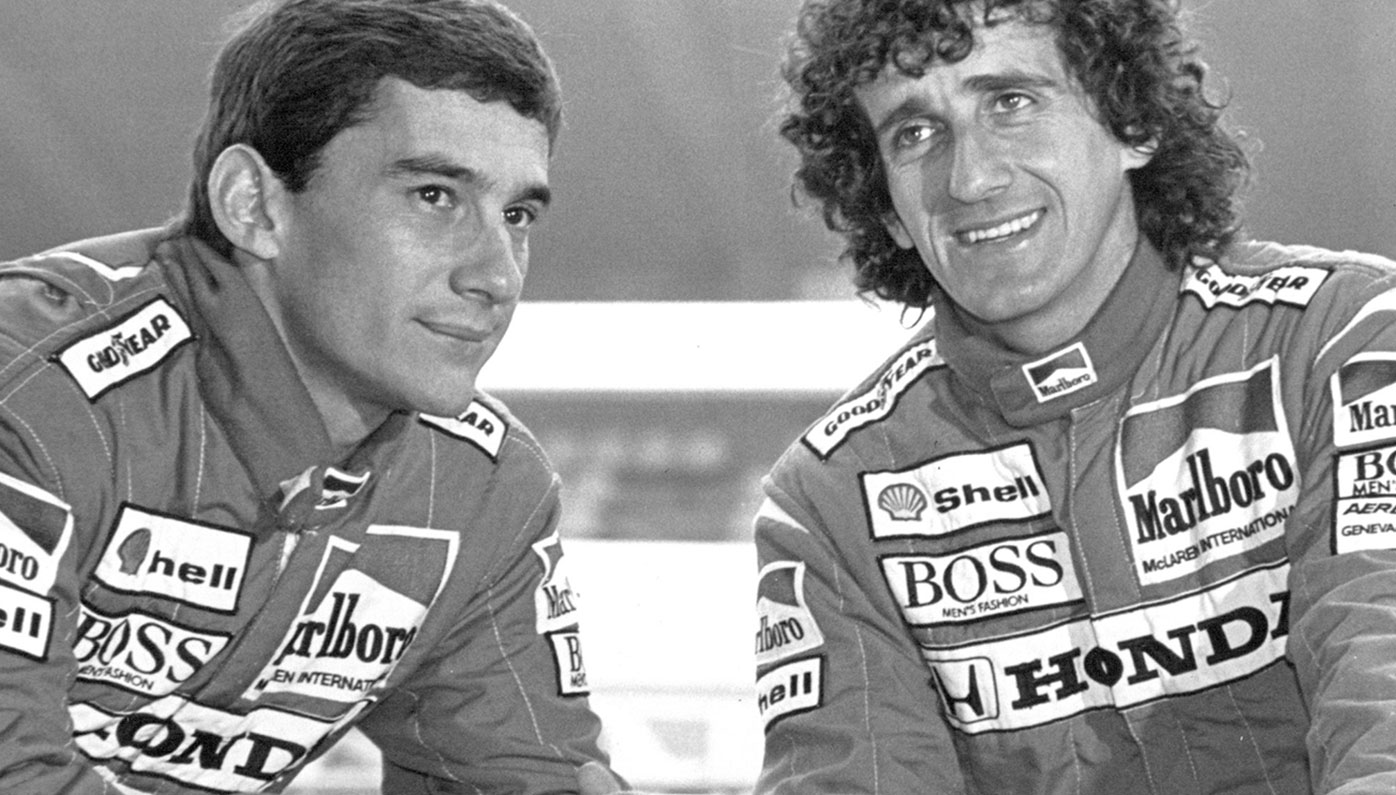
Senna, of course, proclaimed his innocence, putting the blame entirely on Prost.
"He took a chance going into the first corner when he couldn't afford to," Senna said.
"He knew that I was going to come down the inside and he closed the door.
"If pole had been on the outside I am sure there would not have been the accident.
"I cannot be responsible for his actions. He has tried to destroy me and he will not.
"I don't give a damn what he says."
The event made headlines around the world, with Balestre calling it a "scandal" while even the French sports minister weighed in, suggesting no world championship should be awarded.
The debate was still raging when the drivers arrived in Adelaide two weeks later for the season-ending grand prix, where Senna gave his now-famous interview to Jackie Stewart, who was working for Nine's Wide World of Sports that weekend.
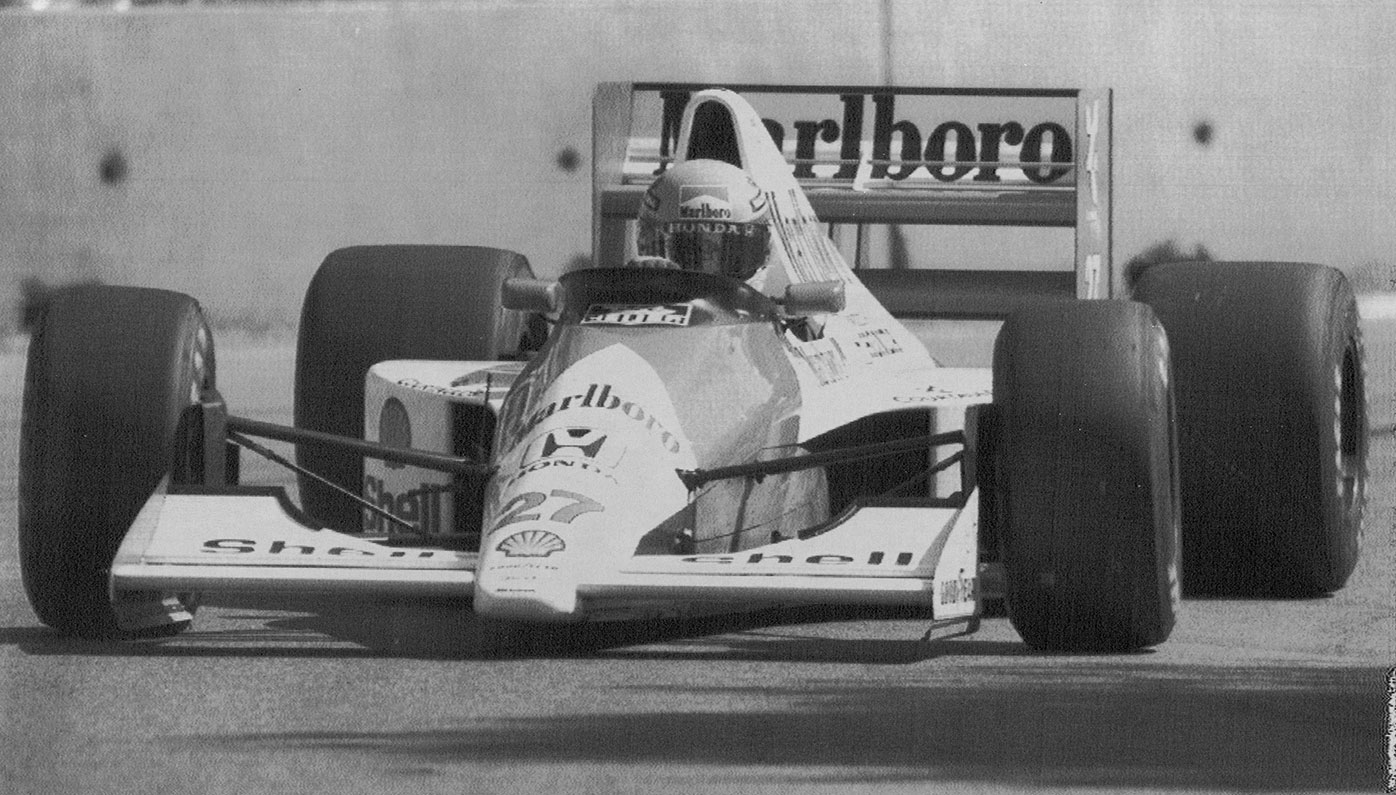
When Stewart, himself a triple world champion, pressed Senna as to why he'd seemingly been involved in more accidents than every other world champion combined, the Brazilian took umbrage.
"I find amazing for you to make such a question, Stewart, because you are very experienced," Senna replied, struggling with his English.
"If you no longer go for a gap that exists, you no longer a racing driver."
The pair clashed strongly during the six-minute interview, and after it was over Senna told Stewart he would never do another interview with him.
David Brabham was in his first season in Formula One, driving for the team founded by, and named after, his father, Sir Jack. He'd enjoyed a relatively anonymous season learning the ropes in what was acknowledged to be a difficult car to drive, with a best finish of 15th in the French Grand Prix.
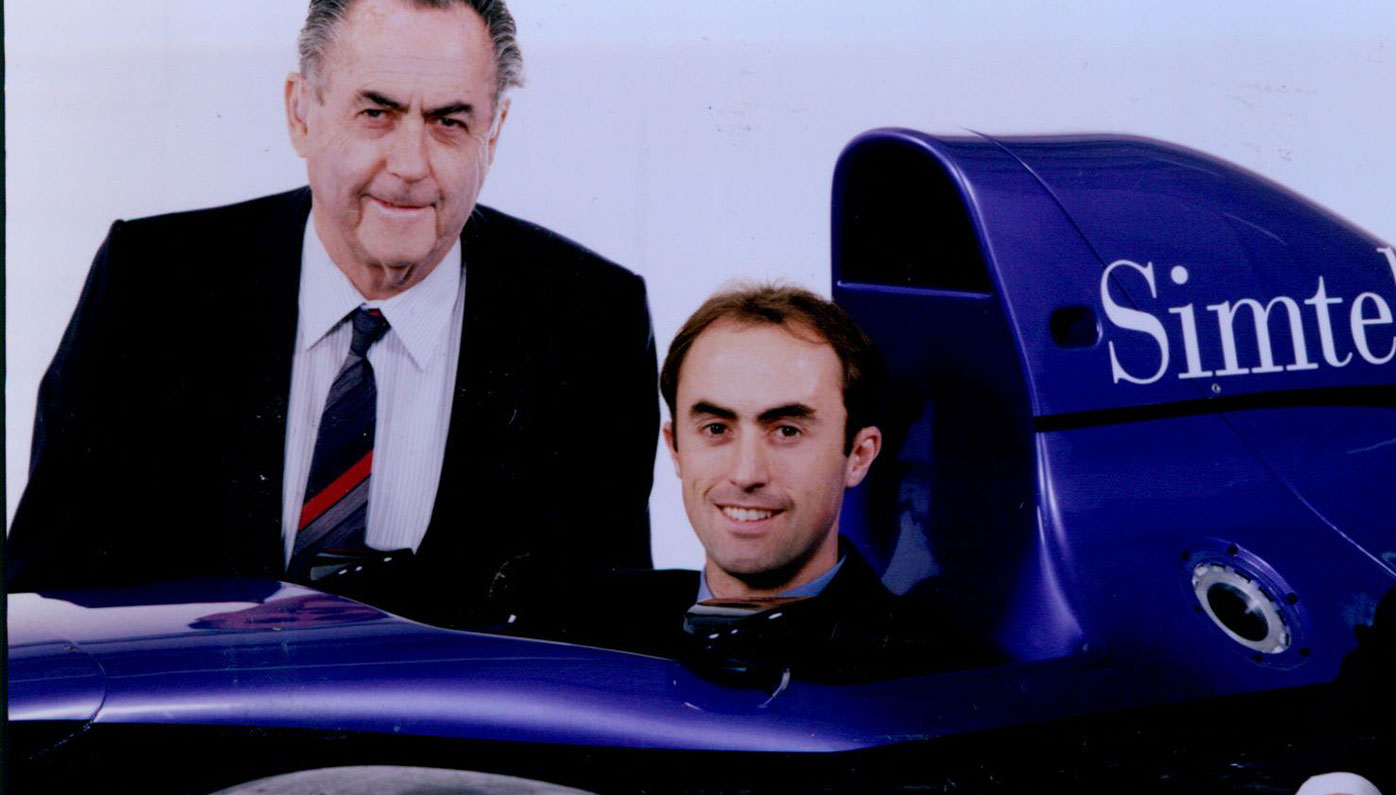
"I was in the race in Japan when they collided," Brabham told Wide World of Sports.
"I just saw them in the dirt at the first corner and I was thinking: 'That's two out of the way.'
"Not that I'd ever pass them, but I could at least move up a couple of places."
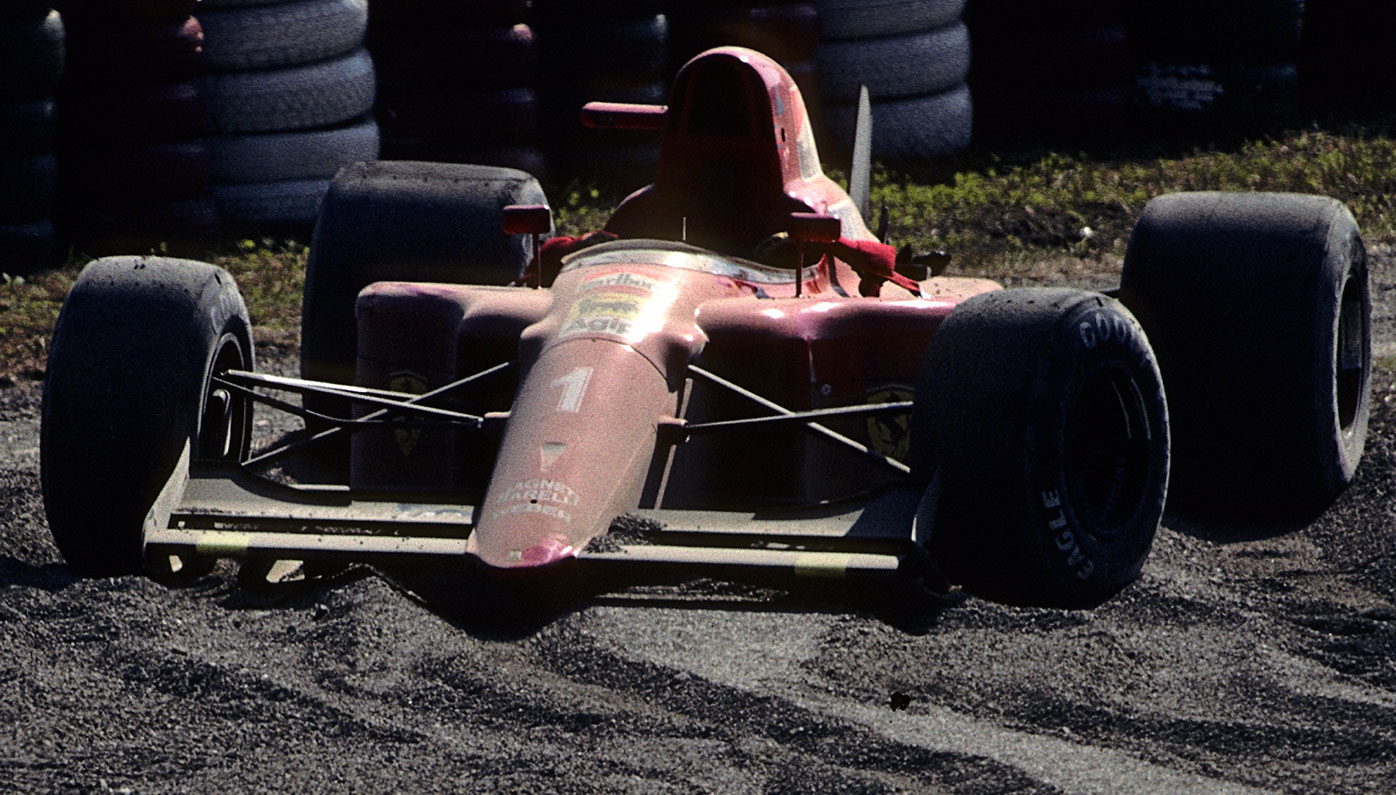
Ahead of his first race on home soil, Brabham was leaving the Adelaide circuit with wife Lisa, when he climbed into a minivan, only to find Senna already seated up the back.
"He turns to me and says: 'So what's this you were talking about to the press where you felt I deliberately knocked Prost off in Japan?'
"I was like, 'I haven't said anything, what are you talking about?'
"I was gobsmacked, Senna was all of a sudden having a go at me. And my wife turned around and said 'I don't think it's David you're talking about, it's Jack!'"
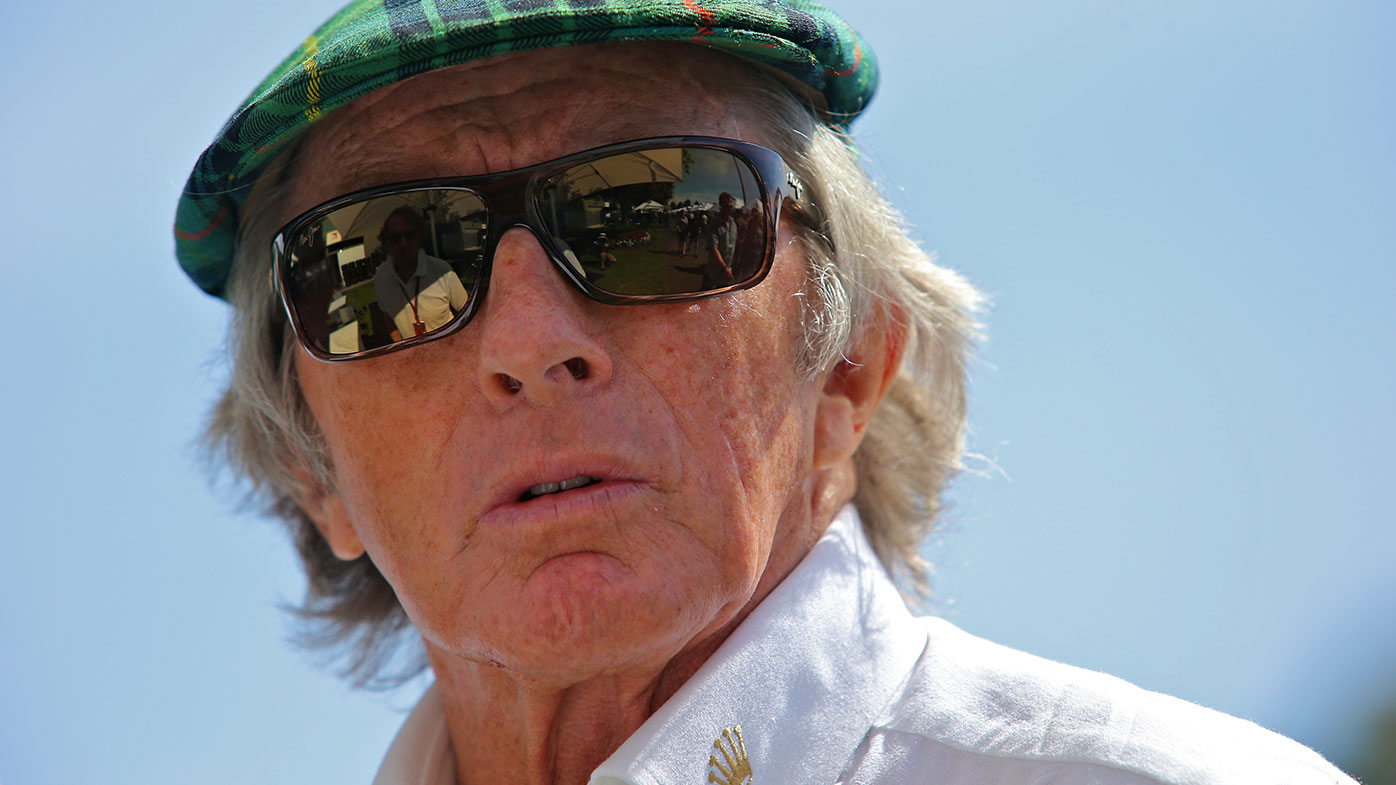
As luck would have it, the Adelaide race was the 500th world championship event, meaning many former world champions were on hand to mark the occasion, and most weren't shy in expressing an opinion.
"Jack was quite vocal about the accident," David said.
"Jack was saying he felt it was Senna's fault and he drove Prost off the circuit. And of course, in 1990, Senna wasn't admitting that he did!
"Senna was saying, 'I thought you were one of the good guys'.
"And even though I thought he'd driven Prost off the road, I wasn't saying anything. I was keeping my head down.
"It was probably the first time he'd spoken to me. I never got in the way of Senna on the track to the point where he came to see me."
Brabham revealed how the prickly relationship between the sport's two biggest stars dominated the season.
"They were fiery! Senna always had something to say," he laughed.
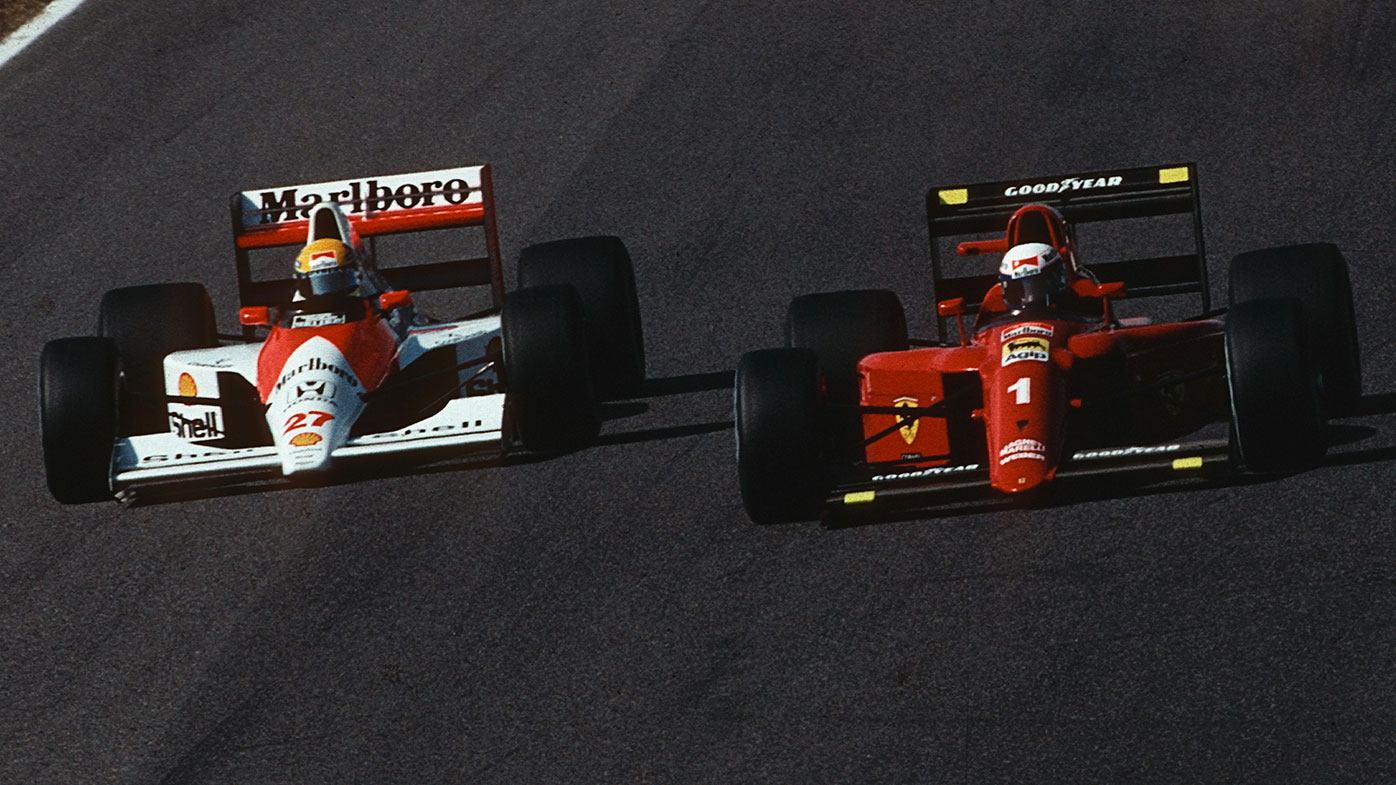
"Every drivers' briefing, at every track, Senna always had something to say. Prost was much quieter, but you could feel the tension between the two.
"Prost walked out once, I think (McLaren boss) Ron Dennis was involved, he was chipping in with Senna against Prost. It was politics at its best, and quite entertaining."
Much had changed when the F1 circus returned to Japan in 1991. Senna claimed his third world title at that race, having defeated Nigel Mansell to win that year's championship, and Jean-Marie Balestre was gone as FISA president.
By then Senna was prepared to concede he'd deliberately driven Prost off the road.
"I was so frustrated that I promised myself that if, after the start, I lost first place, I would go for it in the first corner," he said.
"Regardless of the consequences, I would go for it, and Prost would not turn in the first corner ahead of me.
"It was the result of the politicians making stupid and bad decisions.
"I didn't care if we crashed.
"It was built up. It was unavoidable. It had to happen. I did contribute to it, yes.
"But it was not my responsibility."
Senna and Prost would eventually reconcile on the podium after the Australian Grand Prix in 1993, the final race of the Frenchman's career, and Senna's last victory before he was killed during the San Marino Grand Prix in 1994.
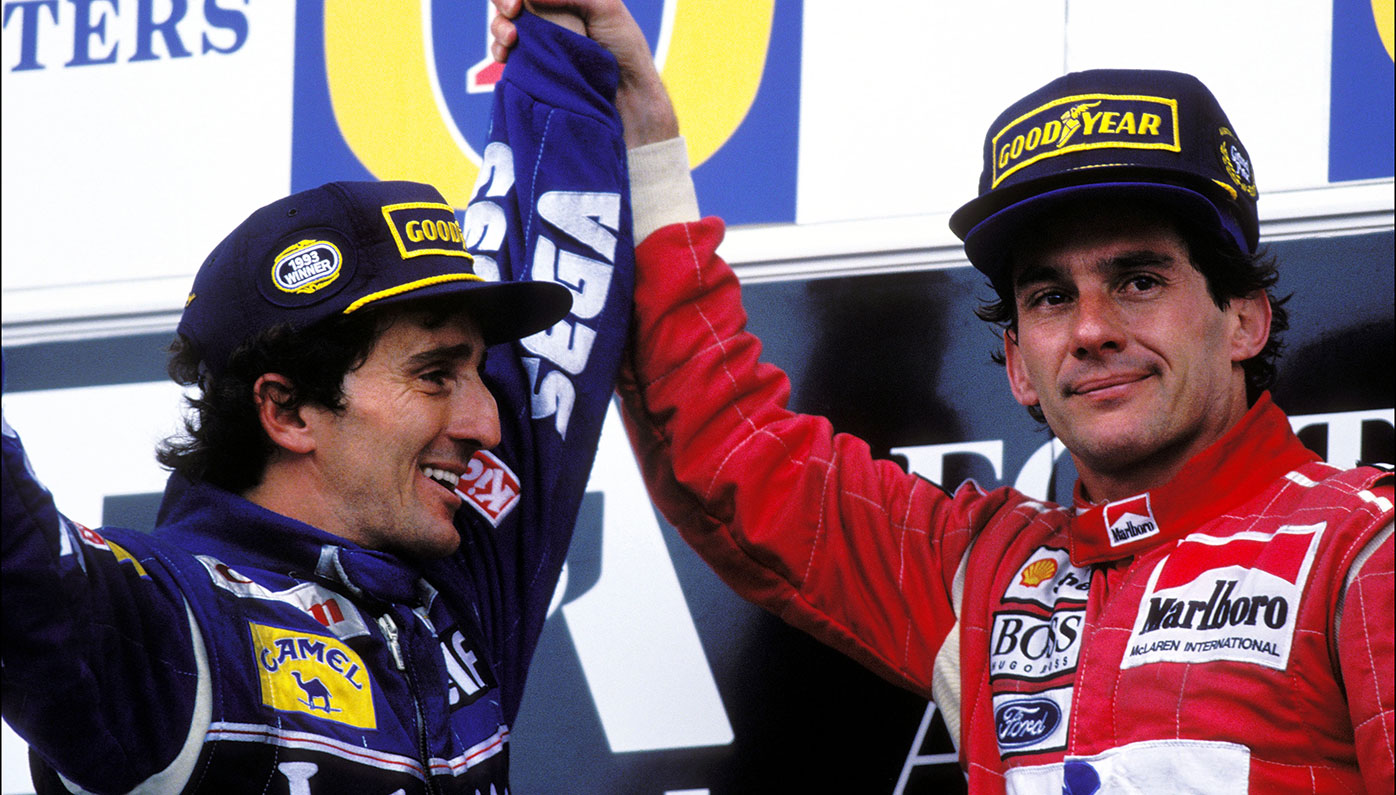
Senna and Stewart also buried the hatchet, with the pair speaking a number of times about safety issues, including just a couple of weeks before Senna's fatal accident.
Both Prost and Stewart served as pallbearers at Senna's funeral in May, 1994, where Prost reflected on what the pair's rivalry had meant to him.
"For 10 years it was Prost and Senna," he said.
"Now it's just Prost.
"Half of my career has gone."
from WWOS https://wwos.nine.com.au/motorsport/ayrton-senna-collision-alain-prost-1990-japanese-grand-prix-david-brabham-reflects-exclusive/d004509e-e45e-494f-b2ce-e484548fbd55


0 Comments